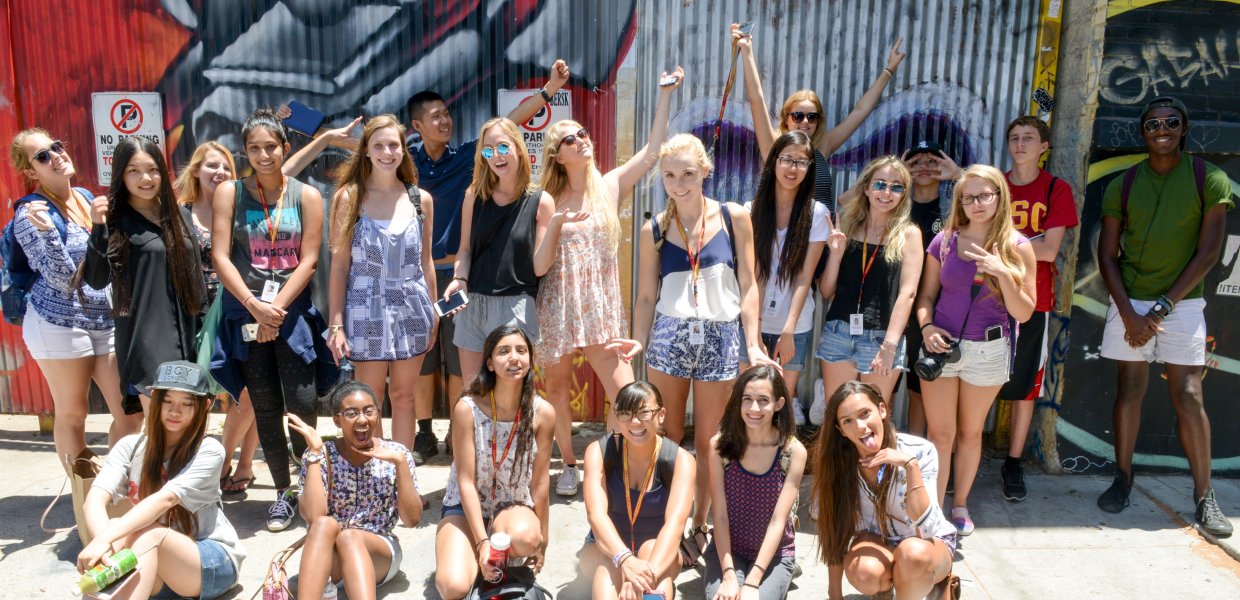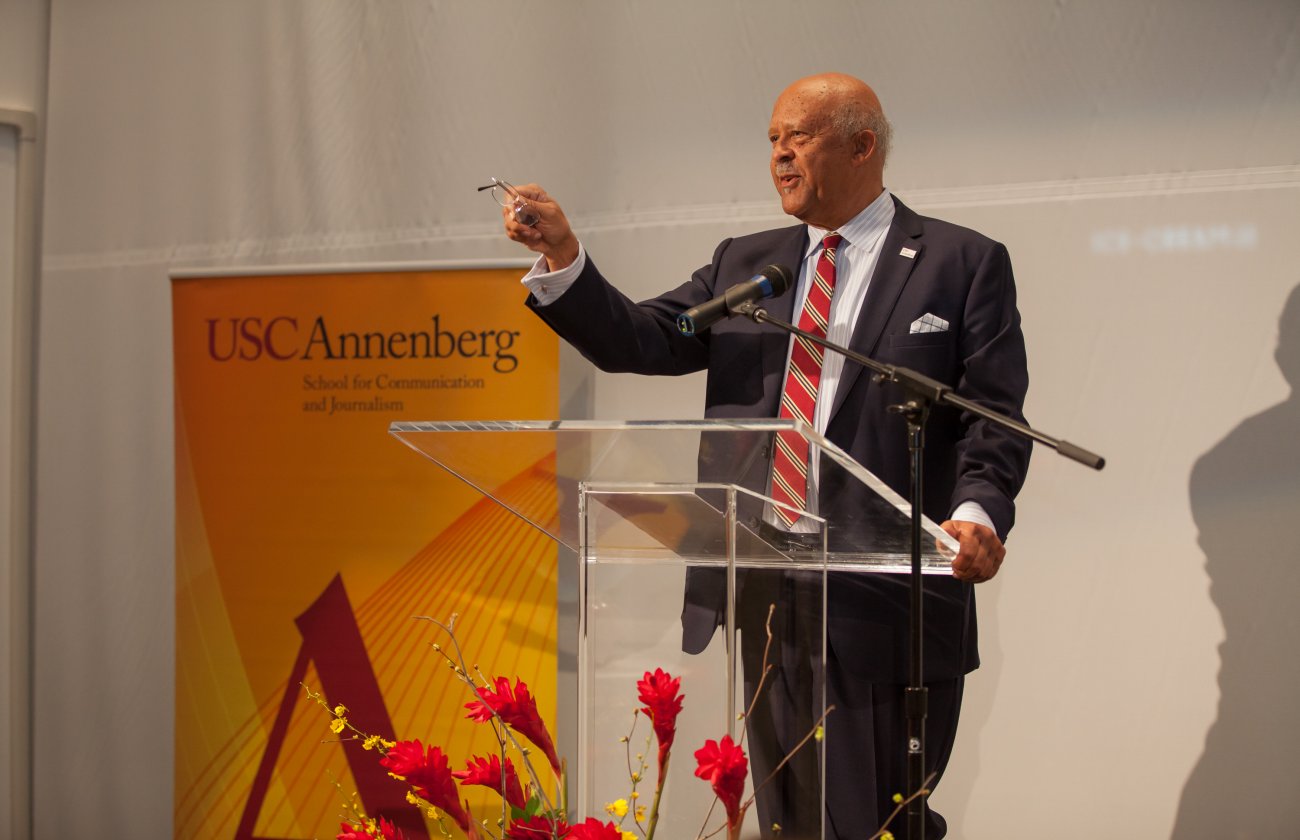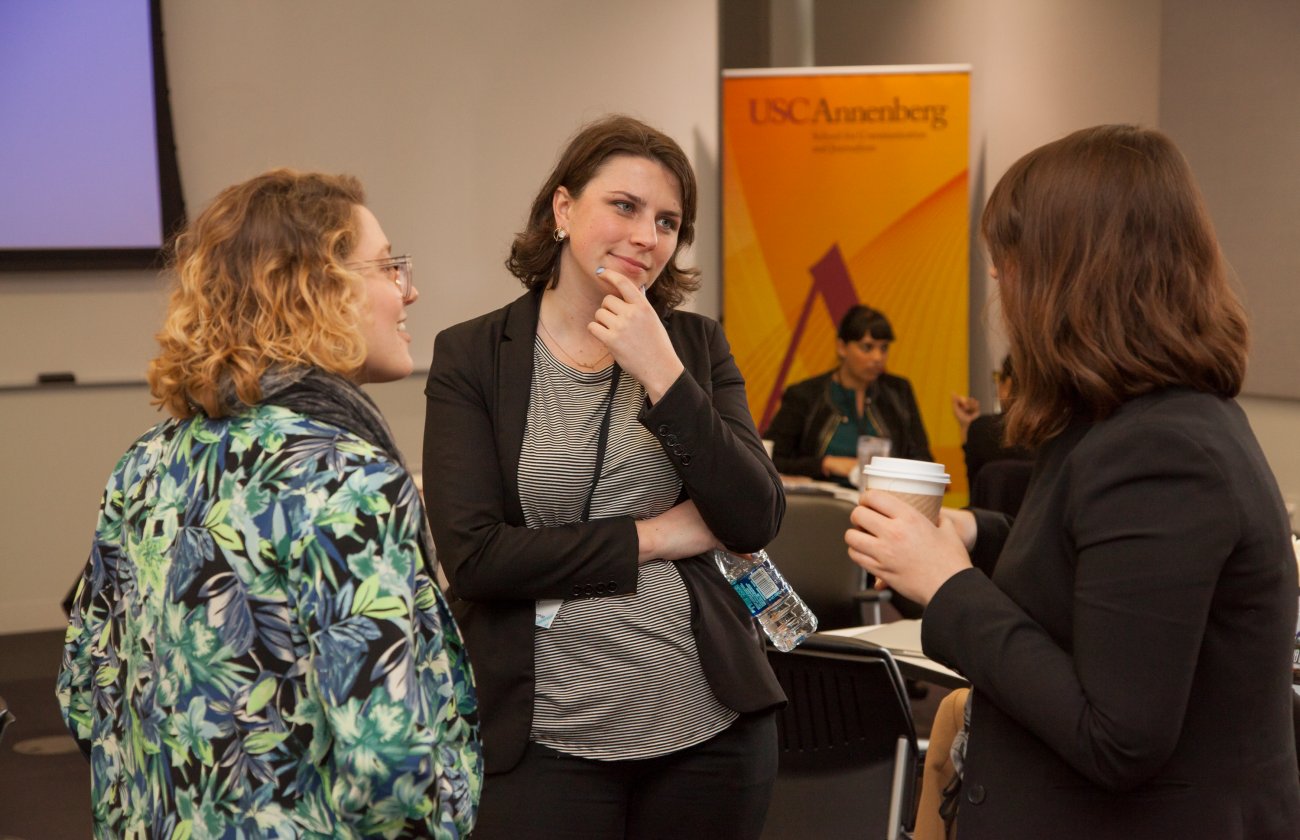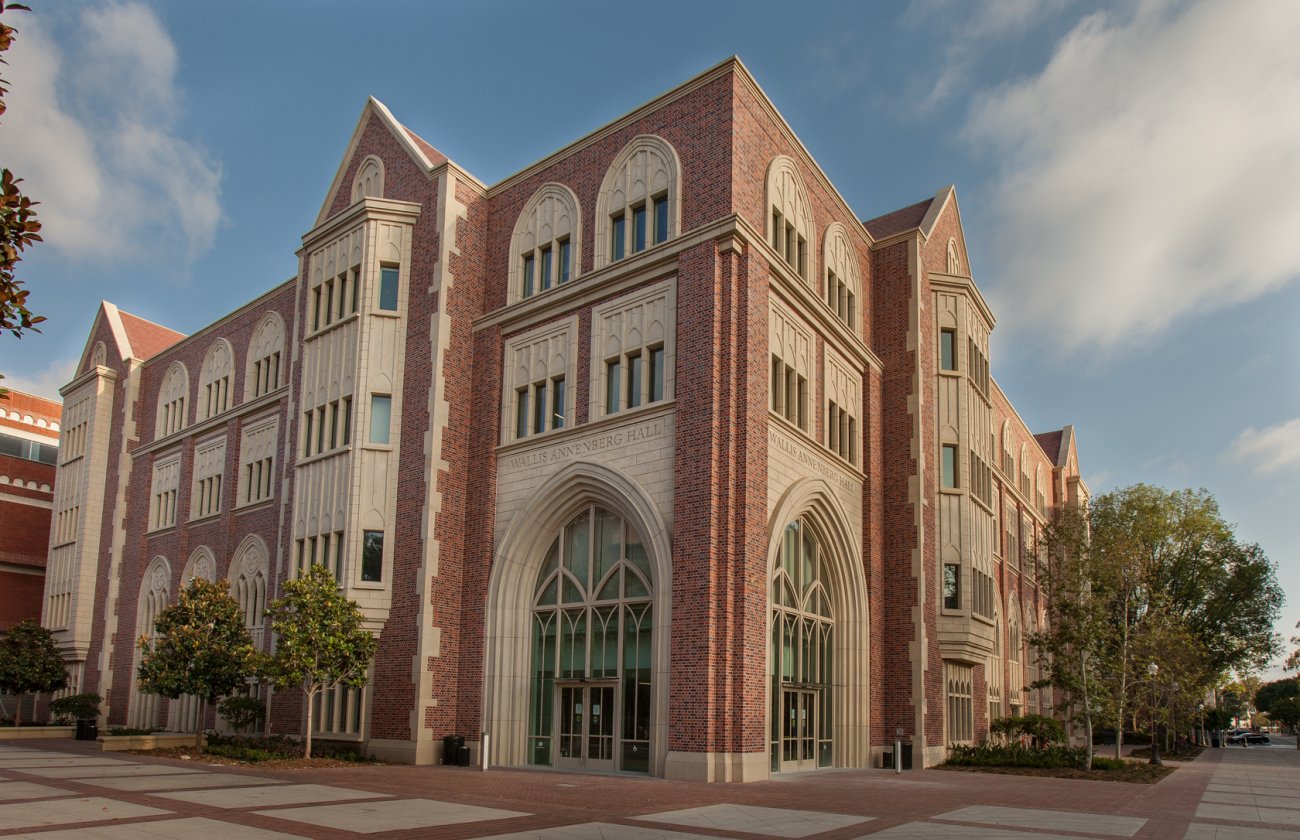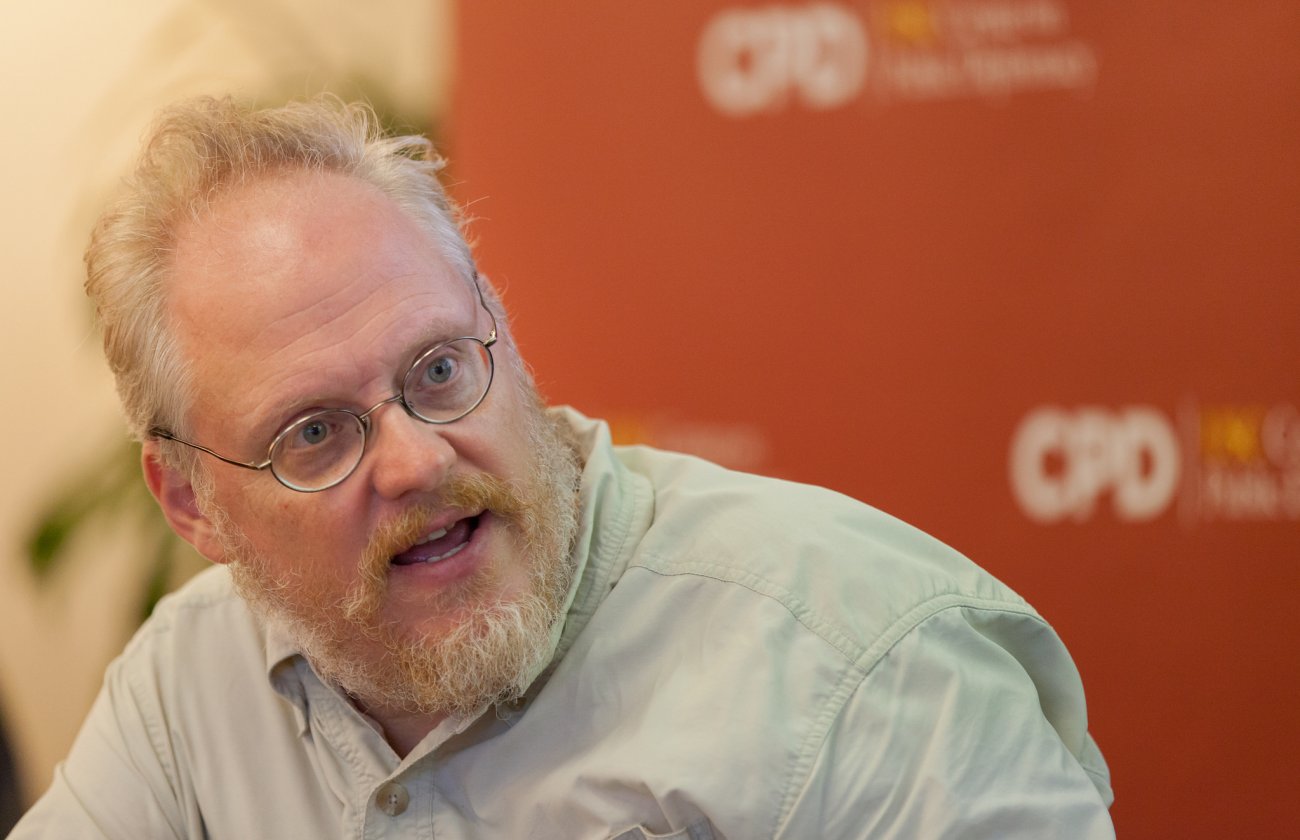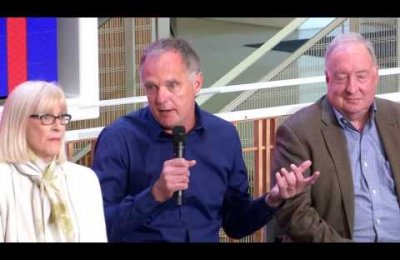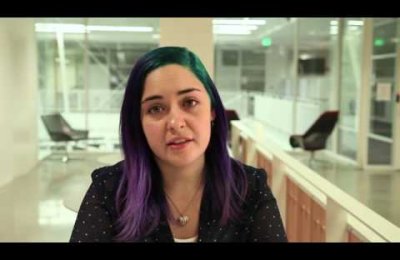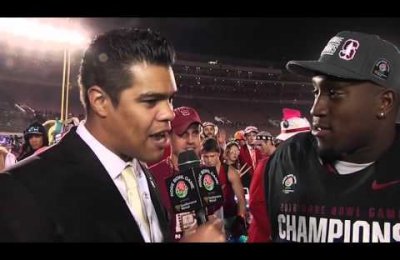With most of the student body absent over the summer semester, USC Annenberg still maintains a busy schedule. Counselors gear up for first-year orientation, faculty members attend conferences and continue their research, and the school leadership gets ready to welcome new students. During the summer months USC Annenberg ends up being perhaps one of the busiest places on campus. Some of its visitors include high school students from professor Alan Mittelstaedt’s “J-School” summer program.
J-School is a summer journalism program designed for high school sophomores, juniors and seniors who are interested in learning the fundamentals of reporting. This year marks the seventh batch of students that Mittelstaedt has taught in the program. According to USC Director of Summer Programs Sonny Hayes, this year’s cohort included students from the U.S. and China. Along with introducing them to the field of journalism, the program also connects students from diverse backgrounds as they collaborate during reporting field trips and practice their video and interviewing skills.
One of the Mittelstaedt’s main goals while setting the curriculum for the program was to encourage critical thinking and spark curiosity within the students
“I lecture students on news structure, basic elements of a lede, nut graf, and inverted pyramid, but it’s good to know why people follow the rules and the rationale. It’s also good to know that in some circumstances the rules don’t apply," Mittelstaedt said. "At J-school we want our students to ask WHY. I want them to question everything –– including ME.”
Mittelstaedt enforces his teaching philosophy through a hands-on learning approach that is dynamic and based on inquiry. Several times during the program students went on field trips in the Los Angeles community and asked questions about societal issues that the city and nation are facing. One group reported on the economic difficulties that LA residents face.
Students also had the opportunity to interview Mayor Eric Garcetti so that they would be able recognize the delicacies around some of the predicaments.
“We are critical thinkers, but often times we’re way too polite in almost every part of our society,” Mittelstaedt said. “We’re not trying to breed the next generation of rebellious teenagers. But I do want students to ask questions within the system.”
Along with daily reporting assignments, students were also responsible for completing a final project. For Rio Americano High School senior Sandhya Bhaskar, who applied to the program to explore the vast field that is journalism, the final project was an opportunity to report on what was important to her.
Bhaskar wrote an article about the model minority stereotype, and how it hinders the progression of Asian Americans in the workplace. Bhaskar said her favorite memories from the program were when the class would engage in conversation about current events.
“Alan gave us the freedom to write about issues that were important to us, and I think this is why I enjoyed the program so much,” Bhaskar said.
Another aspect of the program that motivated students was group collaboration. For Mark Keppel High School senior Bonnie Wong, the synergy in Mittelstaedt’s classroom was easily palpable.
“Instead of being told I couldn't do something, my professor and classmates were always encouraging me that ‘I could’ and these seemingly limitless possibilities was where I learned and grew so much from,” Wong said.
According to Hayes, the program is designed to not only to give students an intensive learning experience, but also give them a glimpse of the Trojan Experience.
“We run a fantastic program and this experience should not be mistaken as "summer camp,” Hayes said. “Students have the opportunity to "test drive" college including living on campus, enrolling in an academic course, taking intensive courses for college credit, and solidifying a possible college major or path of study.”
Click here to read Bonnie Wong's reflection on the summer program.
